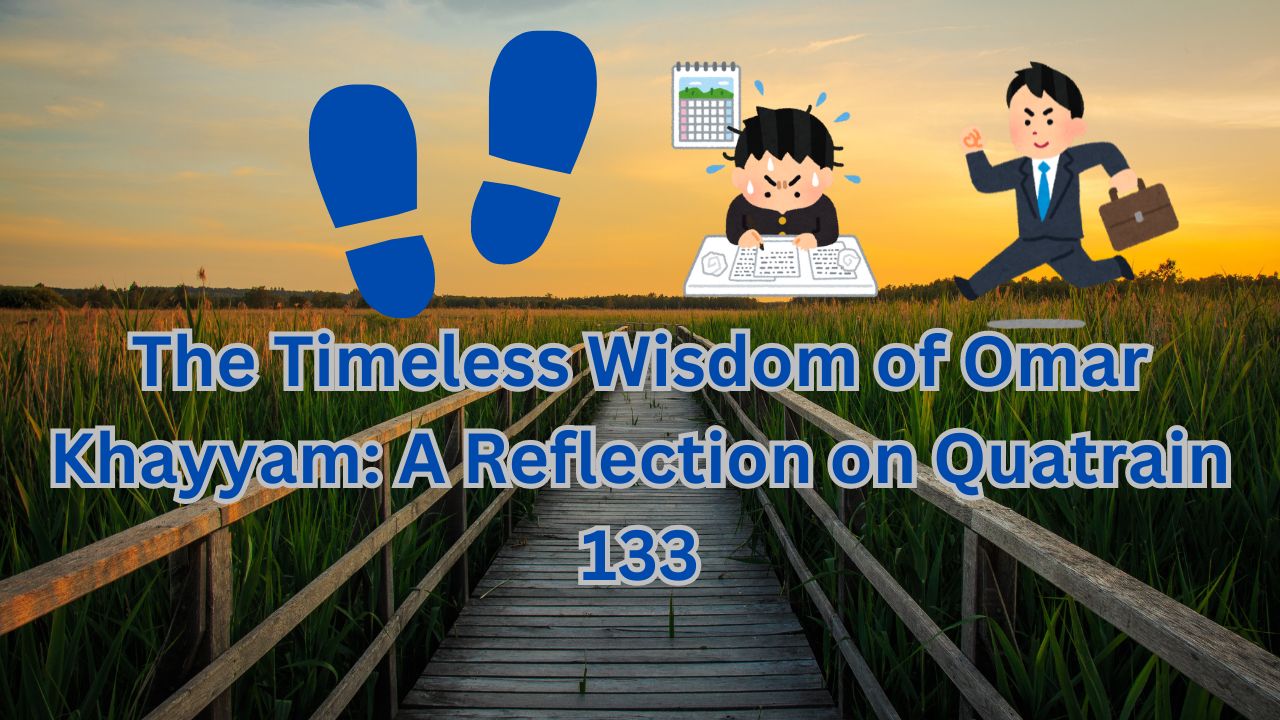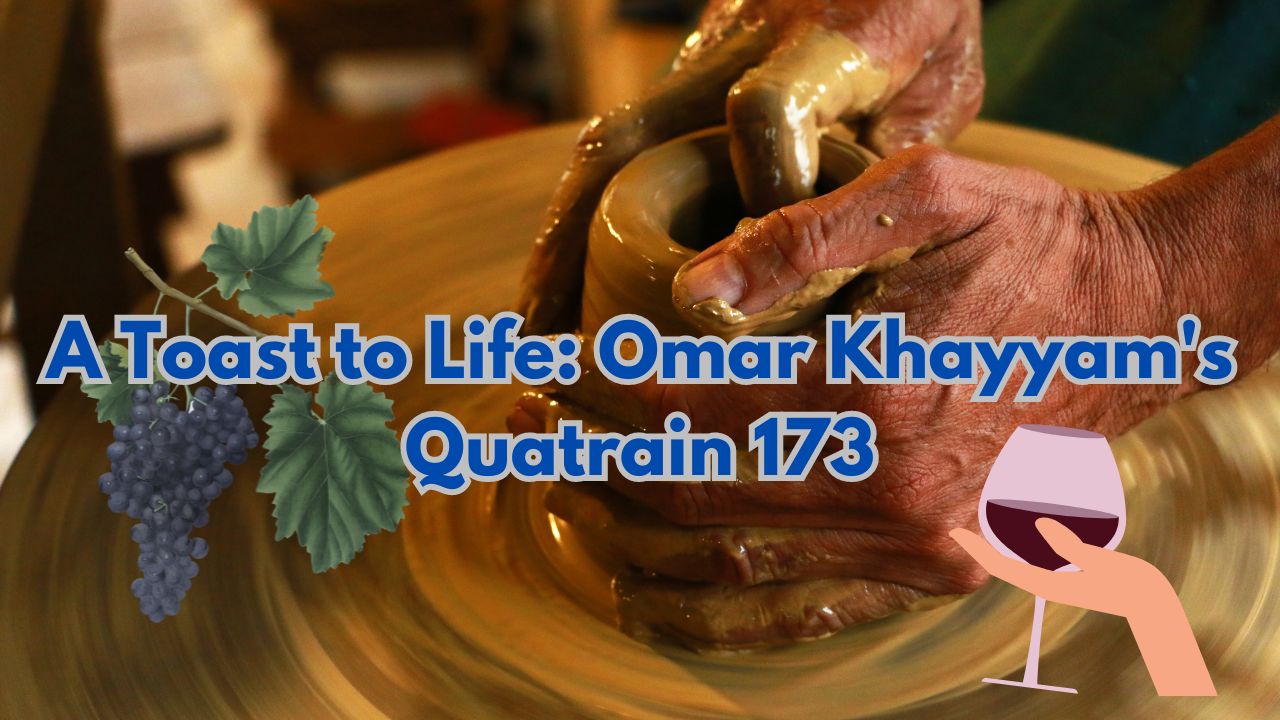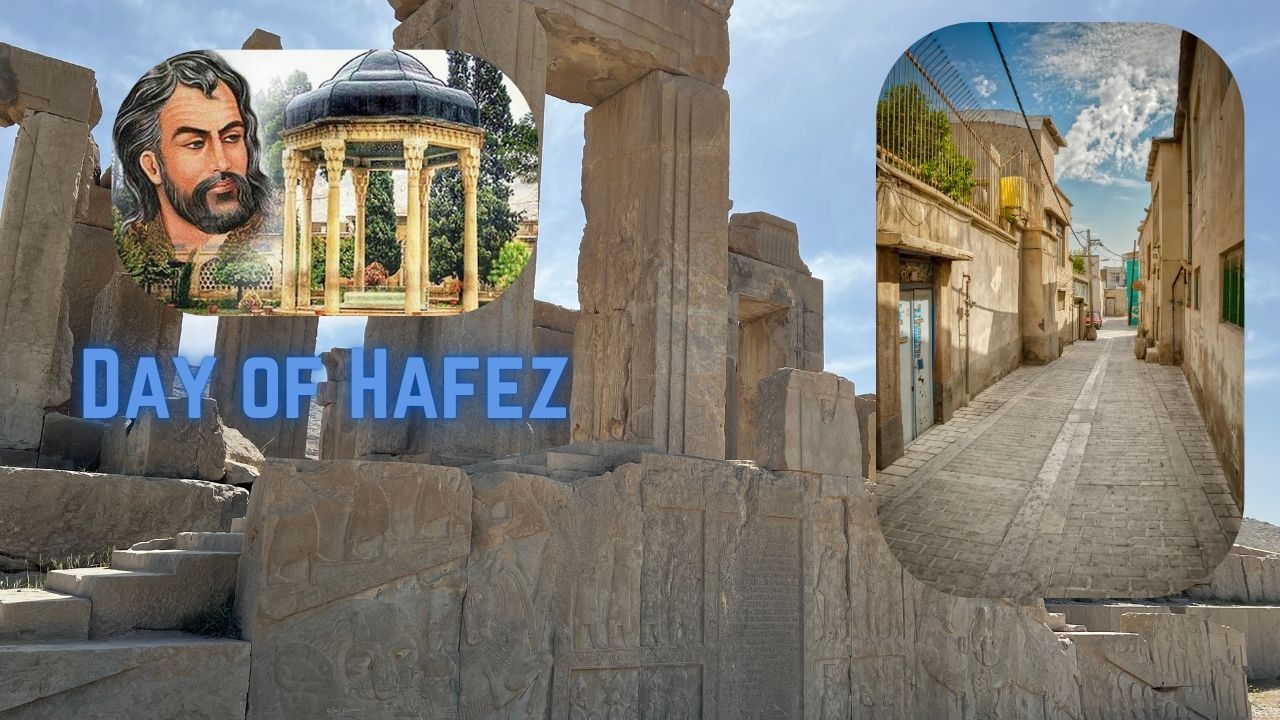In the timeless verses of Omar Khayyam, we find profound reflections on the nature of existence and the inevitability of death. Quatrain 133 from his celebrated work, the Rubaiyat, encapsulates these themes with striking clarity. This quatrain serves as a poignant reminder of the fleeting nature of life and the ultimate futility of human endeavors in the face of mortality. As we go into the layers of meaning within these lines, we are invited to contemplate the deeper truths about our own lives and the legacy we leave behind. Join me as we explore the wisdom of Khayyam and the enduring relevance of his words in our modern world.
هر یک چندی یکی برآید که منم
با نعمت و با سیم و زر آید که منم
چون کارک او نظام گیرد روزی
ناگه اجل از کمین برآید که منم
English Translation:
Every so often, someone rises saying, “It is I!”
With wealth, silver, and gold, they claim, “It is I!”
But when their affairs are finally in order,
Suddenly, death emerges from its hiding place saying, “It is I!”
A Beautiful Rubai by Omar Khayyam
Omar Khayyam, the renowned Persian poet, mathematician, and philosopher, offers a profound meditation on the transience of human life and the inevitability of death in this quatrain. Let’s delve into the layers of meaning embedded in these four lines.
Analysis of the Quatrain
Theme: The fleeting nature of life and the inevitability of death
Central Idea: Despite material wealth and worldly achievements, death is the ultimate equalizer, striking down all, regardless of their status or possessions.
Imagery:
-
"Every so often, someone rises saying, 'It is I!'": This line suggests a cycle of human ambition and self-assertion.
-
"With wealth, silver, and gold, they claim, 'It is I!'": This reinforces the idea of material wealth as a symbol of identity and power.
-
"But when their affairs are finally in order, suddenly, death emerges from its hiding place saying, 'It is I!'": This line emphasizes the unexpected and inescapable nature of death, which can strike at any time, regardless of one's preparations.
Rhyme Scheme: The quatrain follows an ABAB rhyme scheme, which contributes to its rhythmic and memorable quality.
The quatrain effectively conveys the message that material wealth and worldly achievements are ultimately meaningless in the face of death. It serves as a reminder of the transitory nature of life and the importance of living life to the fullest.
The Illusion of Permanence: The first two lines of the quatrain highlight a common human tendency: the belief in our own permanence and importance. People often rise to prominence, flaunting their wealth and achievements, proclaiming their significance with a confident “It is I!” This illusion of permanence is a reflection of our desire to leave a lasting mark on the world.
The Suddenness of Death: The third and fourth lines bring a stark contrast to this illusion. Just when one’s life seems to be in perfect order, death emerges unexpectedly, declaring its presence with the same phrase, “It is I!” This suddenness underscores the unpredictable nature of life and the inevitability of death, which spares no one, regardless of their status or achievements.
Deeper Meanings and Interpretations
The Vanity of Human Striving: Khayyam’s quatrain suggests that all human achievements, no matter how grand, are ultimately meaningless in the face of death. The pursuit of wealth and power is portrayed as a futile endeavor, as death will eventually claim everyone.
The Unpredictability of Life: The poem also highlights the unpredictability of life. The sudden arrival of death serves as a reminder that life is fragile and can change in an instant. This unpredictability calls into question the wisdom of placing too much emphasis on material possessions and worldly success.
The Unity of All Things: The repeated phrase “It is I” suggests a sense of cosmic unity. In the end, all beings are subject to the same fate, regardless of their earthly accomplishments. This unity serves as a humbling reminder of our shared mortality and the interconnectedness of all life.
Conclusion
In essence, this rubai by Omar Khayyam is a timeless reminder of our mortality and the importance of living a meaningful life. It encourages us to look beyond material wealth and achievements and to focus on what truly matters. By embracing the transient nature of life, we can find deeper meaning and purpose in our existence.





